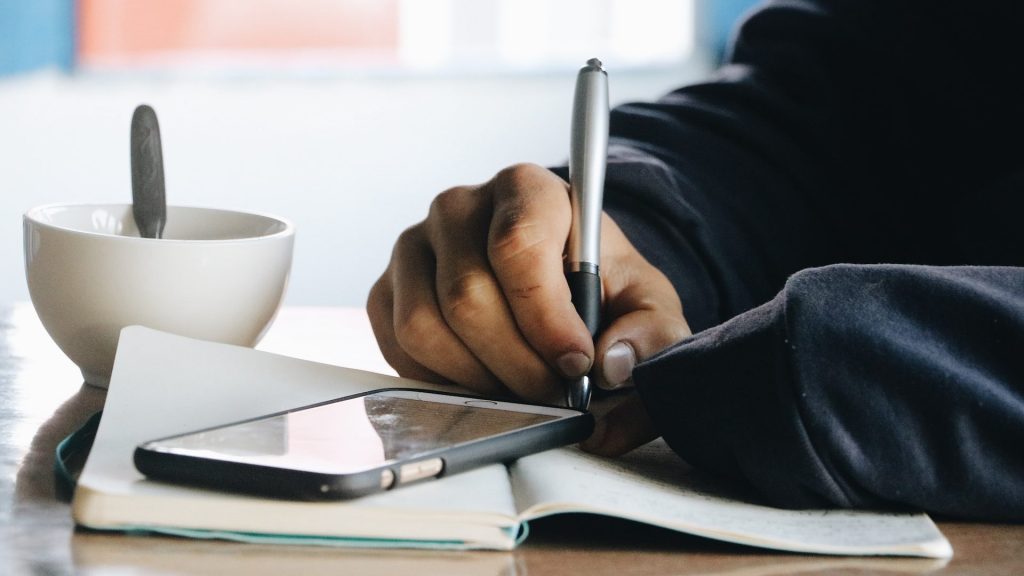Detroit Today: How education is adapting to ChatGPT
Three professors discuss how ChatGPT is changing classroom work and the learning process.

ChatGPT can take a bar exam, write business copy and do homework — what does that mean for us as learners, and what does it mean for people tasked with teaching?
The popular generative AI chatbot has prompted reflection in many fields, including education. Many teachers and professors are not only worried about plagiarism, but also that students are skipping critical tasks, including research, quantitative reasoning and critical thinking. Others are excited about how ChatGPT can enhance learning.
Professors Jules White, Shobita Parthasarathy and Antony Aumann joined Detroit Today to discuss how how their classrooms are changing because of ChatGPT.
“For so long, we’ve linked teaching students how to think with teaching them how to write, but now that ChatGPT is doing a lot of the writing for the students, we have to reconsider how we’re going to go about this crucial task of teaching them how to think critically.” — Professor Antony Aumann
Listen: How education is adapting to ChatGPT
Guests
Jules White is the Associate Dean of Strategic Learning and an Associate Professor of Computer Science at Vanderbilt University. She says with a tool like ChatGPT, there are unlimited possibilities for education, and that students must learn to adapt to the technology.
“It’s this huge potential for our students that we have to make sure that they become world experts, both in the use of it but also in understanding the appropriate use of it and also how to develop policy around it,” says White.
Shobita Parthasarathy is the director of the University of Michigan’s Science, Technology and Public Policy Program as well as a professor of Public Policy and Women and Gender Studies. She says ChatGPT simply reiterates language that humans have already created, and that often the ideas and biases that humans exhibit are reinforced by the tool.
“[ChatGPT] is not magic. It’s also not an asteroid. It is us. It is something that is built by humans with data from us, and the way that it evolves also depends on us,” says Parthasarathy.
Antony Aumann is a Philosophy professor at Northern Michigan University. He created a plan in 2023 for students to write a majority of their essays in his classroom without access to ChatGPT, but later abandoned the task. He agrees that ChatGPT can be both a blessing and a curse, and he wonders how it would affect the realities of many students and teachers.
“Right now, I’m particularly preoccupied with the challenge it creates for us as teachers, especially in the humanities,” says Aumann. “For so long, we’ve linked teaching students how to think with teaching them how to write, but now that ChatGPT is doing a lot of the writing for the students, we have to reconsider how we’re going to go about this crucial task of teaching them how to think critically.”
Trusted, accurate, up-to-date.
WDET strives to make our journalism accessible to everyone. As a public media institution, we maintain our journalistic integrity through independent support from readers like you. If you value WDET as your source of news, music and conversation, please make a gift today.
